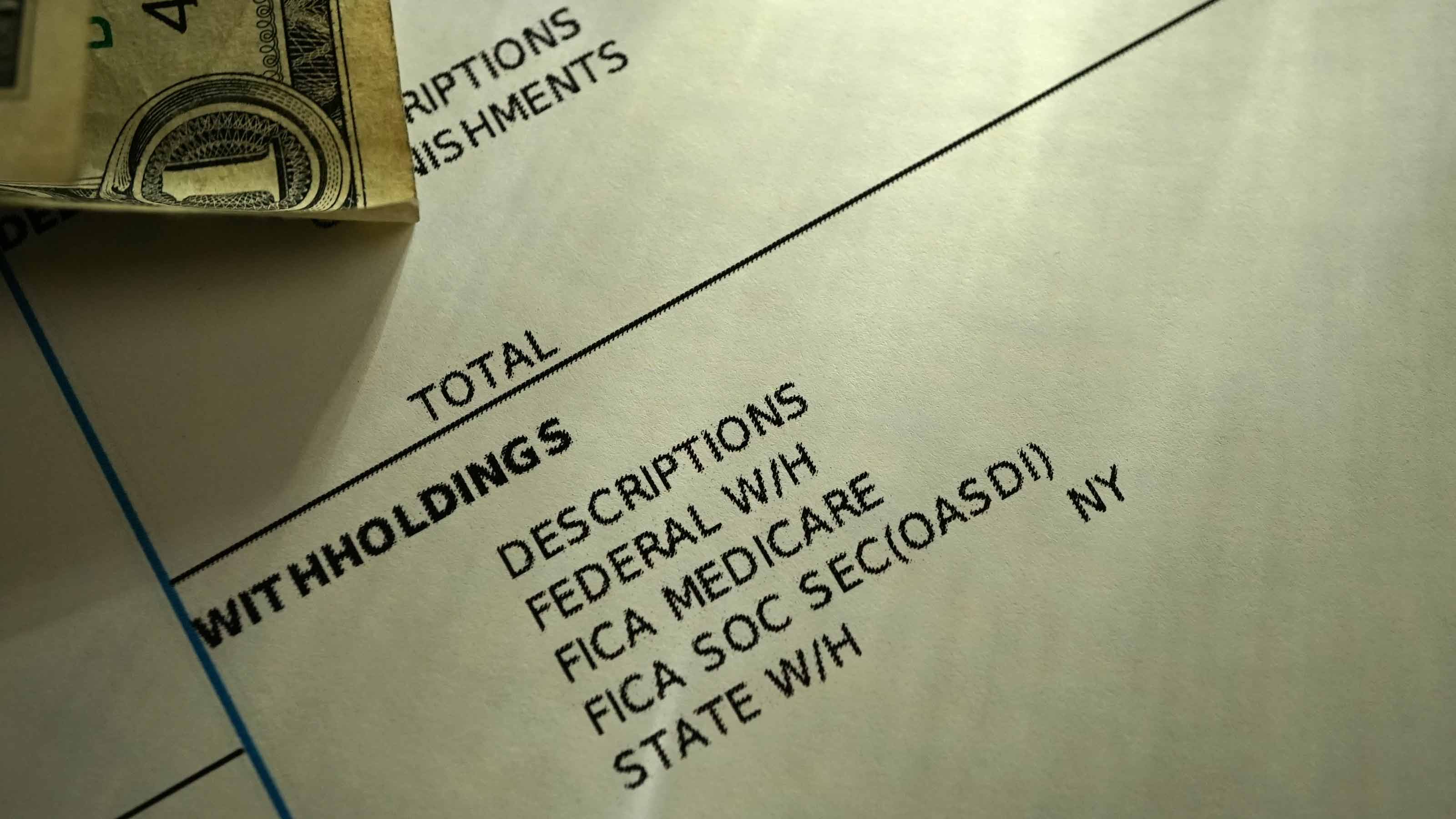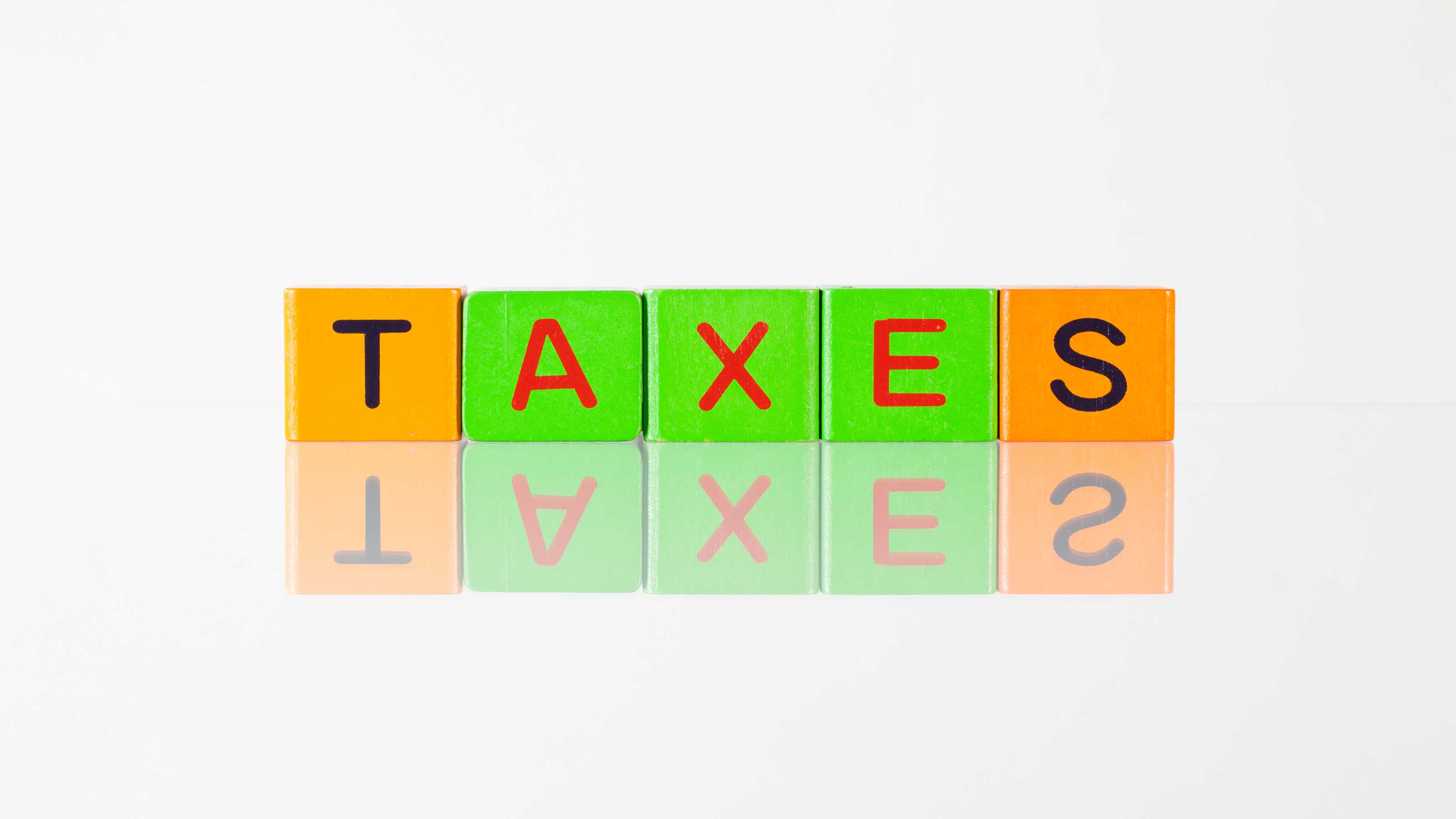Tax-Friendly Ways to Pay for After-School Care
The expense may be eligible for the dependent-care tax credit or reimbursement from a dependent-care flexible spending account.

Profit and prosper with the best of Kiplinger's advice on investing, taxes, retirement, personal finance and much more. Delivered daily. Enter your email in the box and click Sign Me Up.
You are now subscribed
Your newsletter sign-up was successful
Want to add more newsletters?

Delivered daily
Kiplinger Today
Profit and prosper with the best of Kiplinger's advice on investing, taxes, retirement, personal finance and much more delivered daily. Smart money moves start here.

Sent five days a week
Kiplinger A Step Ahead
Get practical help to make better financial decisions in your everyday life, from spending to savings on top deals.

Delivered daily
Kiplinger Closing Bell
Get today's biggest financial and investing headlines delivered to your inbox every day the U.S. stock market is open.

Sent twice a week
Kiplinger Adviser Intel
Financial pros across the country share best practices and fresh tactics to preserve and grow your wealth.

Delivered weekly
Kiplinger Tax Tips
Trim your federal and state tax bills with practical tax-planning and tax-cutting strategies.

Sent twice a week
Kiplinger Retirement Tips
Your twice-a-week guide to planning and enjoying a financially secure and richly rewarding retirement

Sent bimonthly.
Kiplinger Adviser Angle
Insights for advisers, wealth managers and other financial professionals.

Sent twice a week
Kiplinger Investing Weekly
Your twice-a-week roundup of promising stocks, funds, companies and industries you should consider, ones you should avoid, and why.

Sent weekly for six weeks
Kiplinger Invest for Retirement
Your step-by-step six-part series on how to invest for retirement, from devising a successful strategy to exactly which investments to choose.
I’m about to enroll my son in an after-school-care program for the new school year and was wondering if I can use money from my child-care flexible-spending account to pay for that program or if it qualifies for the child-care tax credit? Which would be better to use -- the FSA or the child-care credit?
If your son is under 13 and you’re signing him up for after-school care so you can work or look for work (if you are married, your spouse must also work or be a full-time student), then the expense is eligible for the dependent-care tax credit or for reimbursement from a dependent-care flexible spending account.
Any expenses for child care in that situation can count, including the cost of before-school and after-school-care programs, nannies or babysitters, and day camp during the summer and school vacations. The cost of day care or preschool qualifies, too, until the child reaches kindergarten (at that point, only the cost of care while the child isn’t in school counts). See Flex Funds for Summer Camp for more information.
From just $107.88 $24.99 for Kiplinger Personal Finance
Become a smarter, better informed investor. Subscribe from just $107.88 $24.99, plus get up to 4 Special Issues

Sign up for Kiplinger’s Free Newsletters
Profit and prosper with the best of expert advice on investing, taxes, retirement, personal finance and more - straight to your e-mail.
Profit and prosper with the best of expert advice - straight to your e-mail.
If your employer offers a dependent-care FSA, that’s usually your best bet. You can set aside up to $5,000 per year per family in an account that escapes federal taxes as well as Social Security and Medicare taxes. FSA contributions avoid state income taxes, too. The higher your tax bracket, the greater your savings. If your combined tax rate is 30%, for example, running $5,000 through your FSA would reduce your tax bill by $1,500.
Normally, you must determine your FSA contributions before the start of the new year, and you usually have to spend all of the money by the end of the year (or by March 15 of the following year, if your employer offers a grace period). Otherwise, you’ll forfeit the unused funds. But some employers allow you to make changes to your dependent-care FSA contributions throughout the year if you have a change in child-care expenses.
The child-care credit can be helpful if you don’t have a dependent-care FSA at work or if your income is very low. You can take a tax credit worth 20% to 35% of the cost of care, up to $3,000 for one child or up to $6,000 for two or more children. The higher your income, the lower the credit -- to qualify for the maximum 35% credit, your adjusted gross income must be less than $15,000. You’ll be able to take the 20% credit if your income is above $43,000. If you pay $5,000 in child-care expenses for two or more children, the 20% credit would cut your tax bill by $1,000.
You may be able to benefit from both options if you have child-care expenses of at least $6,000 for two or more children. You can use the $5,000 in child-care expenses from the FSA and claim the child care credit for the additional $1,000 of daycare expenses, which could lower your tax bill by another $200.
Profit and prosper with the best of Kiplinger's advice on investing, taxes, retirement, personal finance and much more. Delivered daily. Enter your email in the box and click Sign Me Up.

As the "Ask Kim" columnist for Kiplinger's Personal Finance, Lankford receives hundreds of personal finance questions from readers every month. She is the author of Rescue Your Financial Life (McGraw-Hill, 2003), The Insurance Maze: How You Can Save Money on Insurance -- and Still Get the Coverage You Need (Kaplan, 2006), Kiplinger's Ask Kim for Money Smart Solutions (Kaplan, 2007) and The Kiplinger/BBB Personal Finance Guide for Military Families. She is frequently featured as a financial expert on television and radio, including NBC's Today Show, CNN, CNBC and National Public Radio.
-
 5 Vince Lombardi Quotes Retirees Should Live By
5 Vince Lombardi Quotes Retirees Should Live ByThe iconic football coach's philosophy can help retirees win at the game of life.
-
 The $200,000 Olympic 'Pension' is a Retirement Game-Changer for Team USA
The $200,000 Olympic 'Pension' is a Retirement Game-Changer for Team USAThe donation by financier Ross Stevens is meant to be a "retirement program" for Team USA Olympic and Paralympic athletes.
-
 10 Cheapest Places to Live in Colorado
10 Cheapest Places to Live in ColoradoProperty Tax Looking for a cozy cabin near the slopes? These Colorado counties combine reasonable house prices with the state's lowest property tax bills.
-
 2023 Social Security Tax Wage Base
2023 Social Security Tax Wage BaseWealthier Americans will have more Social Security taxes taken from their paychecks next year because more of their income will be subject to the tax.
-
 Five Big Tax Breaks at Work
Five Big Tax Breaks at Worktax planning Did the 2021 tax refund you expected turn into a surprise tax bill? Taking advantage of your employee benefits package could help you lower your taxable income.
-
 Why Today’s Retirees Need to Pursue Tax-Minimization Strategies
Why Today’s Retirees Need to Pursue Tax-Minimization Strategiestax planning IRAs are the name of the game for today’s retirees. While they come with helpful tax breaks for savers, pulling money out in retirement comes with major tax consequences — which could get much more serious if taxes rise in the future. But there are things you can do about that.
-
 Will Your Stimulus Check Increase Your Tax on Social Security Benefits?
Will Your Stimulus Check Increase Your Tax on Social Security Benefits?Coronavirus and Your Money The answer to this question comes down to whether your stimulus check increases your "provisional income."
-
 Smart Ways to Save on Child Care Costs
Smart Ways to Save on Child Care CostsStarting a Family The expenses and tax complications that come with hiring a nanny were reason enough for me to take my son to day care instead.
-
 5 Ways to Prepare for Higher Taxes Under President Biden
5 Ways to Prepare for Higher Taxes Under President Bidentax planning Will you be affected by tax changes in the future? Growing national debt, changes in Washington, and new policies on the horizon could impact you more than you might think. Here are five ways to prepare for higher taxes in the future.
-
 How Workers Face Double Taxation Under Trump's Payroll Tax Break
How Workers Face Double Taxation Under Trump's Payroll Tax BreakTax Breaks There's a catch if your Social Security payroll taxes are deferred under President Trump's recent executive order, which kicks in on September 1.
-
 7 CARES Act Tax Breaks for Businesses
7 CARES Act Tax Breaks for BusinessesTax Breaks No matter what business you're in, there's probably at least one CARES Act tax breaks that can improve your bottom line and help you stay afloat.